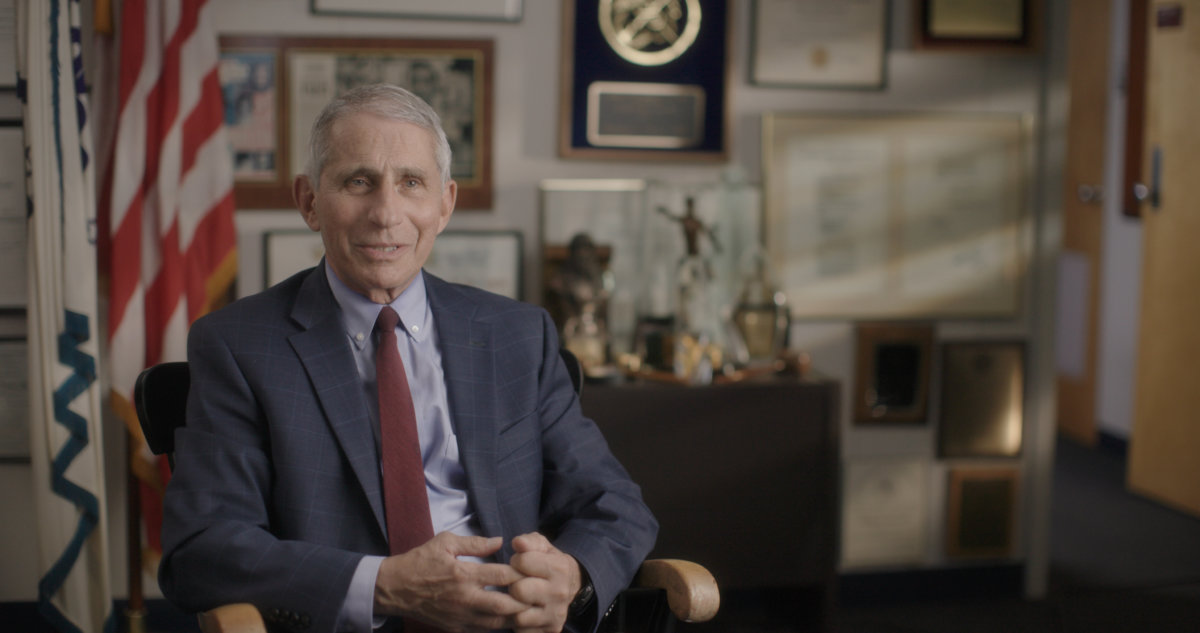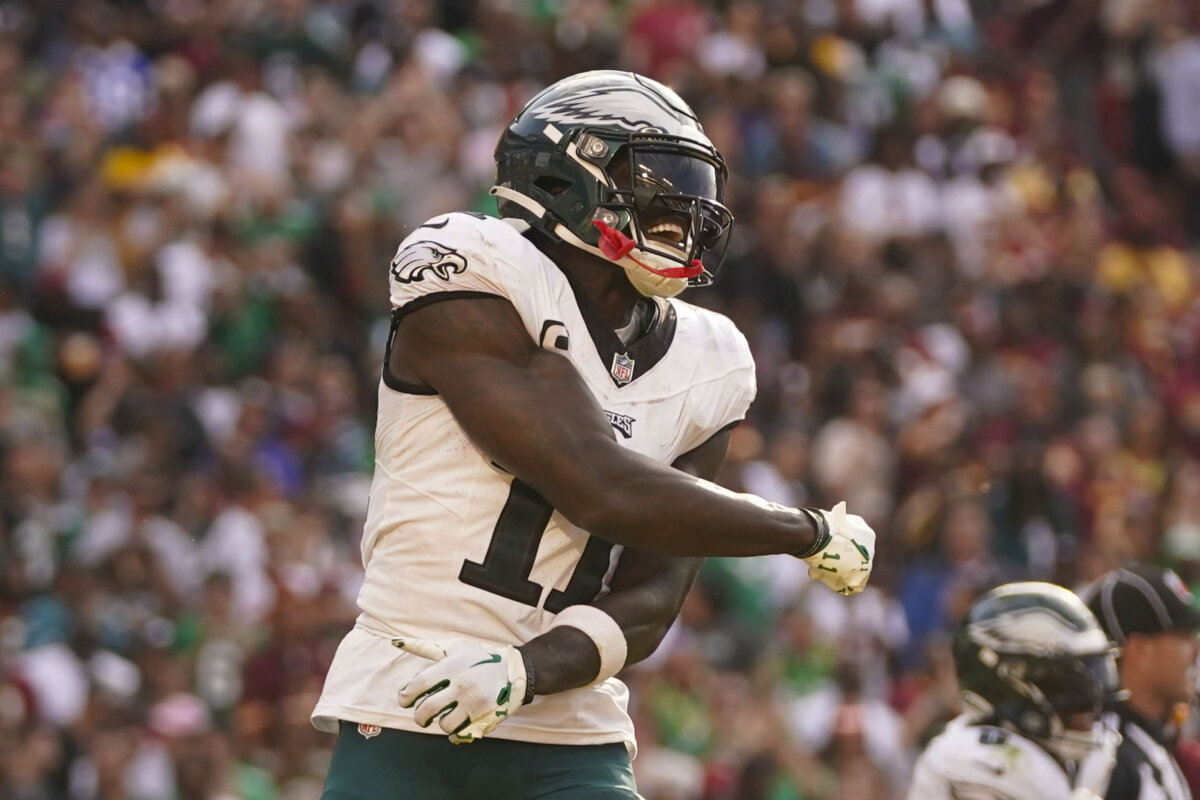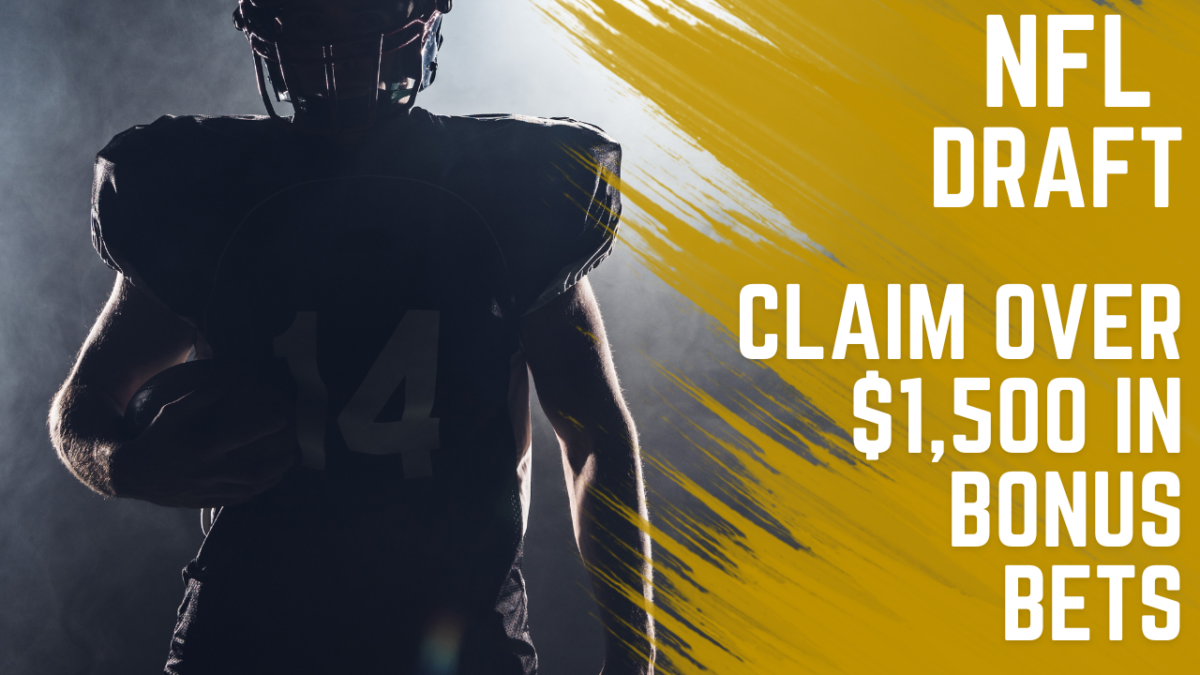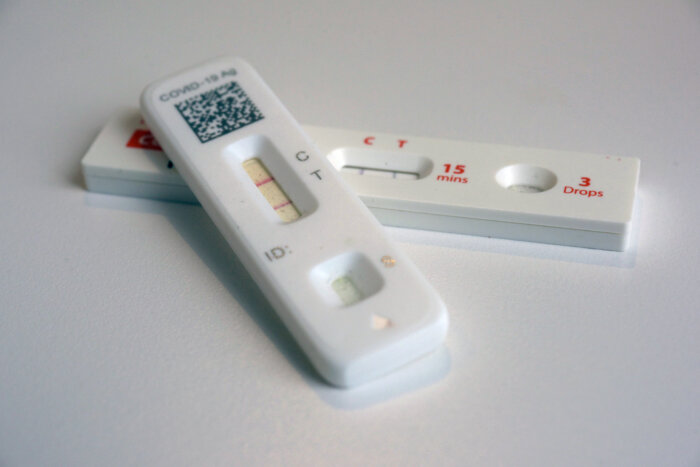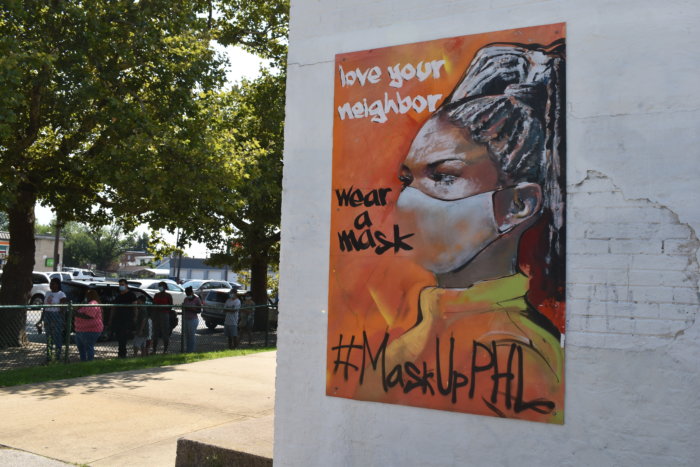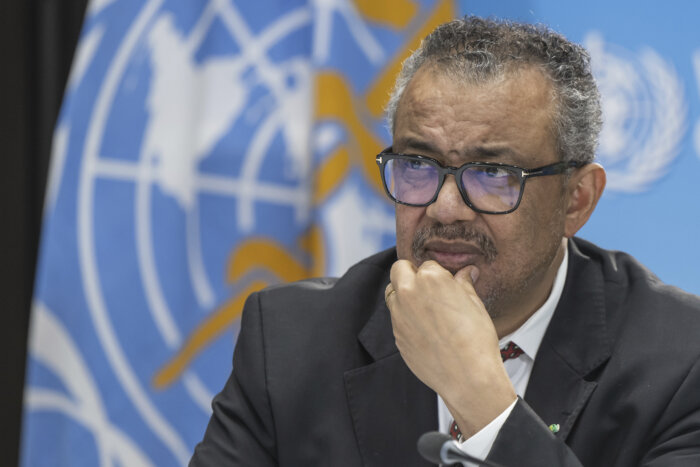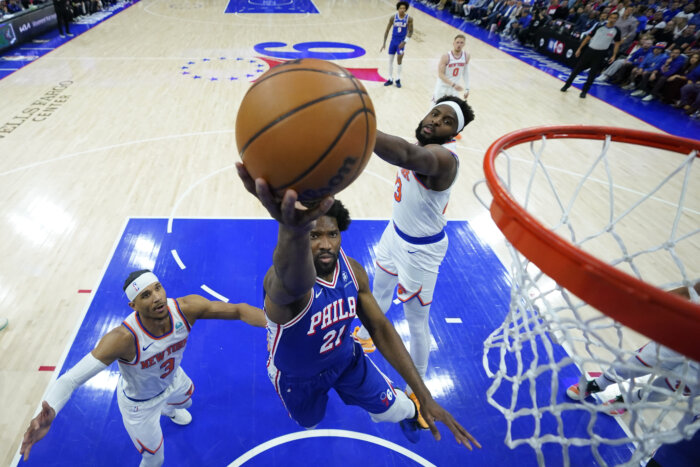Dr. Anthony Fauci is a name we’ve heard a lot over the course of the pandemic, but what lies behind the man serving as the director of the National Institute of Allergy and Infectious Diseases and the Chief Medical Advisor to the President is much more human than we realize.
Behind the press conferences, behind the debates sparked on all ends over what he says and even despite the media coverage, there’s a man with a family, with a heart, and with more experience dealing with pandemics than just in 2020.
To capture not just the brain, but also the heart and soul of Fauci, Emmy-winning directors John Hoffman and Janet Tobias teamed up at the start of it all (February 2020) to capture a man who was at the forefront of one of the most globally devastating occurrences in our lifetime.
However, the fascination with Fauci started even before COVID-19.
Tobias worked on a documentary ‘Unseen Enemy’, which caught the attention of Fauci due to the subject matter: Pandemics. Hoffman has a long history of working on issues with Americans as well (addiction, Alzheimers, obesity, sleep- loss) but started making HIV prevention films in the mid-80s while working in hospitals, another pandemic that they say forged Fauci into the man he is today.
As Tobias says, one of the things you learn in the film is how hard Fauci works to understand people who didn’t necessarily like him or agree with him. In fact, the Aids activists called him a murderer, but he continued to listen and try and bridge to them to solve problems and figure out a way to work together. The film shows in a quite divided America today, he still is interested in outcomes, not in partisanship.
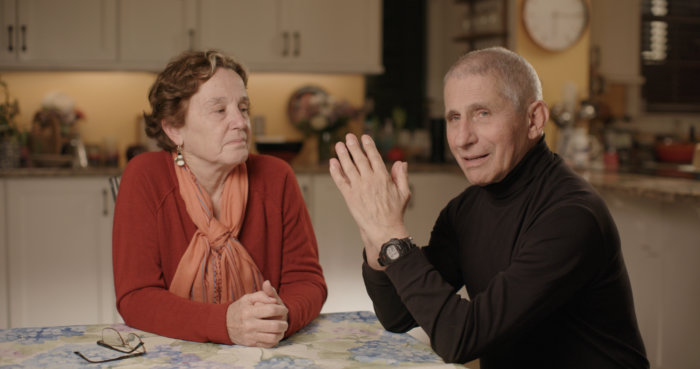
What got the ball rolling on this film?
Tobias: We had been working on a film on HIV/Aids and during the process of doing that, I got to know Dr. Fauci. I said to him someone should do a portrait of your life, you’re an incredible example of a public servant in American life having served now 7 presidents and testifying in front of Congress more than any [other] person. He thought about it, and said yes… and then COVID happened. John and I then partnered at the beginning of COVID because it was clear it was going to be a very complicated environment where you needed the smartest people working together to try and do justice to Tony’s whole life in the middle of the pandemic.
Hoffman: Having a long history working with the NIH (National Institutes of Health), I approached them. COVID really broke and we were all suddenly aware of Dr. Fauci in a way that the majority of Americans really had no reason to be. [I] reached out to the leadership at the NIH saying I’d love to make a film about him, then [Janet] and I touched based and decided that we would team up. We then had the incredible fortune of selling to National Geographic.
How were you able to film and produce a documentary about Fauci during the height of COVID?
Tobias: We actually didn’t see each other for about 5 months from when we started. It was a very challenging time for anyone in the film business to work, [but] we divided and conquered. I went down to DC with a cinematographer and a sound person and we created our own COVID bubble so we would be as safe as possible when we were around Tony. We just shot with Tony and the small group around him, because it was incredibly important to be as safe as possible—obviously, you don’t want to infect Tony Fauci. Then gradually, the Director’s Guild then came online with rules which we all followed very carefully. Our whole team worked virtually, so like the rest of the world we learned how to work together virtually.
Hoffman: We were figuring out this new form of communication and team-building out. Documentaries are only going to work with a great team. We Zoomed every day, multiple times sometimes to really try and do everything we could to recreate an atmosphere of a team working together in the same office.
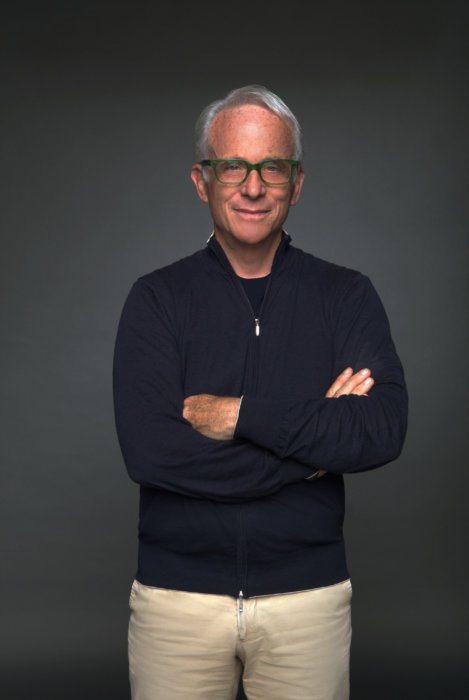
How did the film change and evolve, especially in the middle of the pandemic?
Tobias: I think anytime you work on a documentary you’re always surprised—sometimes in where you started and how you end up, sometimes the difference is more subtle. I think in this case, both John and I quickly began to understand that there was a basic framework that Tony’s whole first part of his career was forged in the HIV pandemic, the other great pandemic of our time. That made him who he is today and he was now going to be tested in the great pandemic of our time, COVID. There’s a framework of looking at his career through those two pandemics. Fairly early on that became the focus, but that was certainly not the case when I asked him if he wanted to do a film before COVID.
One of you said: “We made a film about a man who was forged in HIV and then tested in COVID and we get to see that play out during the film.” What does that mean exactly for this ‘Fauci’ doc?
Hoffman: I would say that observing someone being tested certainly makes for a good drama. We had a very unique level of access to Dr. Fauci in this time of great challenge for him both with Janet’s cameras while they were together in Washington, and with his interviews that he granted us and his willingness to be so frank about his experience now and obviously his experiences in the past. Also his willingness to be emotionally vulnerable on camera. That is one of the strengths of the film. [People] have the opportunity to watch the film and I think they’re going to see a Dr. Fauci that they’ve never seen anywhere else. It’s because of how much he trusted us and we have to thank him for granting us that level of trust that he allowed the cameras to capture him reacting to what he went through and to what he describes as the dark years of HIV/Aids and also his commentary about what he has gone through over the past year.
How would you describe Fauci after getting to spend so much time with him?
Tobias: Two things that I think I learned from being around him: Tony is a really down-to-earth man who has a really good sense of humor who can occasionally swear or be angry. But he wears his heart on his sleeve. He wears it on his sleeve with his family so you have unique moments that you see with him. His three daughters and his wife are private people and we’re both very grateful that they let us film—Jenny, his oldest daughter and Christine (his wife) did interviews. So, you have a real sense of who he is as a human being. He also wears his heart on his sleeve as a doctor. So, John who did the Aids interviews with Tony really has some profound moments with Tony where Tony shows how much being a doctor and caring for someone is completely devastating. John has had that personal experience of being in a hospital and running a clinic during the Aids years, so there was a bond between them that I think allowed Tony to open up about that. I think the best doctors are a combination of heart and mind, and Tony personifies that with every ounce of his incredible intelligence to solve a problem. But, at the end of the day you’re treating another human being and Tony never ever forgets that.
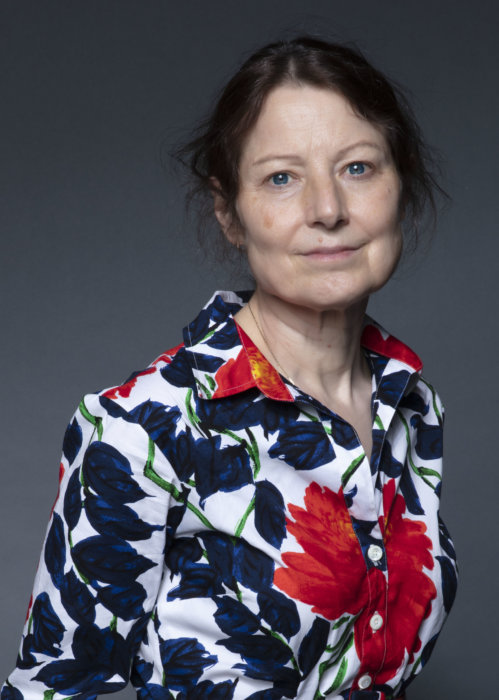
Is there anything you hope people take away from the film?
Hoffman: I’m very excited for people to learn about the life of a man who they’ve only come to know as a public health communicator on their television screens multiple times a day on different networks or on the radio. He’s every where he needs to be trying to get the latest out on COVID to the public so that they can make the best decisions for themselves and their families and he’s doing everything he can behind the scenes to bring this epidemic to an end. But, they don’t know the man, and this is the opportunity to really get to know about one of the greatest public servants this nation has ever had—someone who has had a 50+ year career, the man is turning 81 in a couple months and is still just going strong. I just think it’s an incredibly exciting opportunity for us to know that in the comfort of their homes, millions of the people have the chance to learn about the incredible life that Tony Fauci has lived. He’s caught the public’s attention and there’s a reason why, and you’ll find out watching the film.
‘Fauci’ starts streaming on Disney+ Oct. 6.



